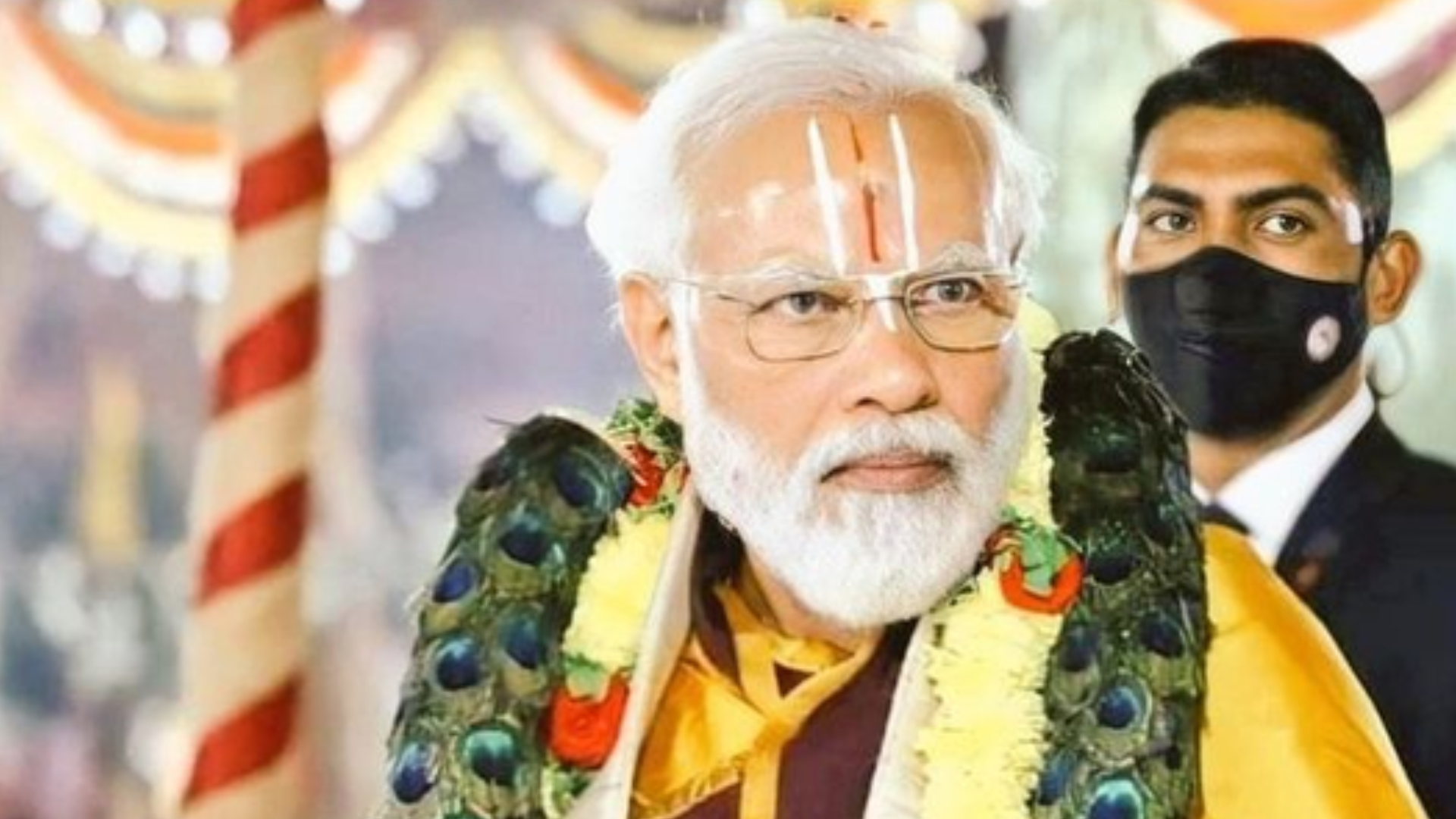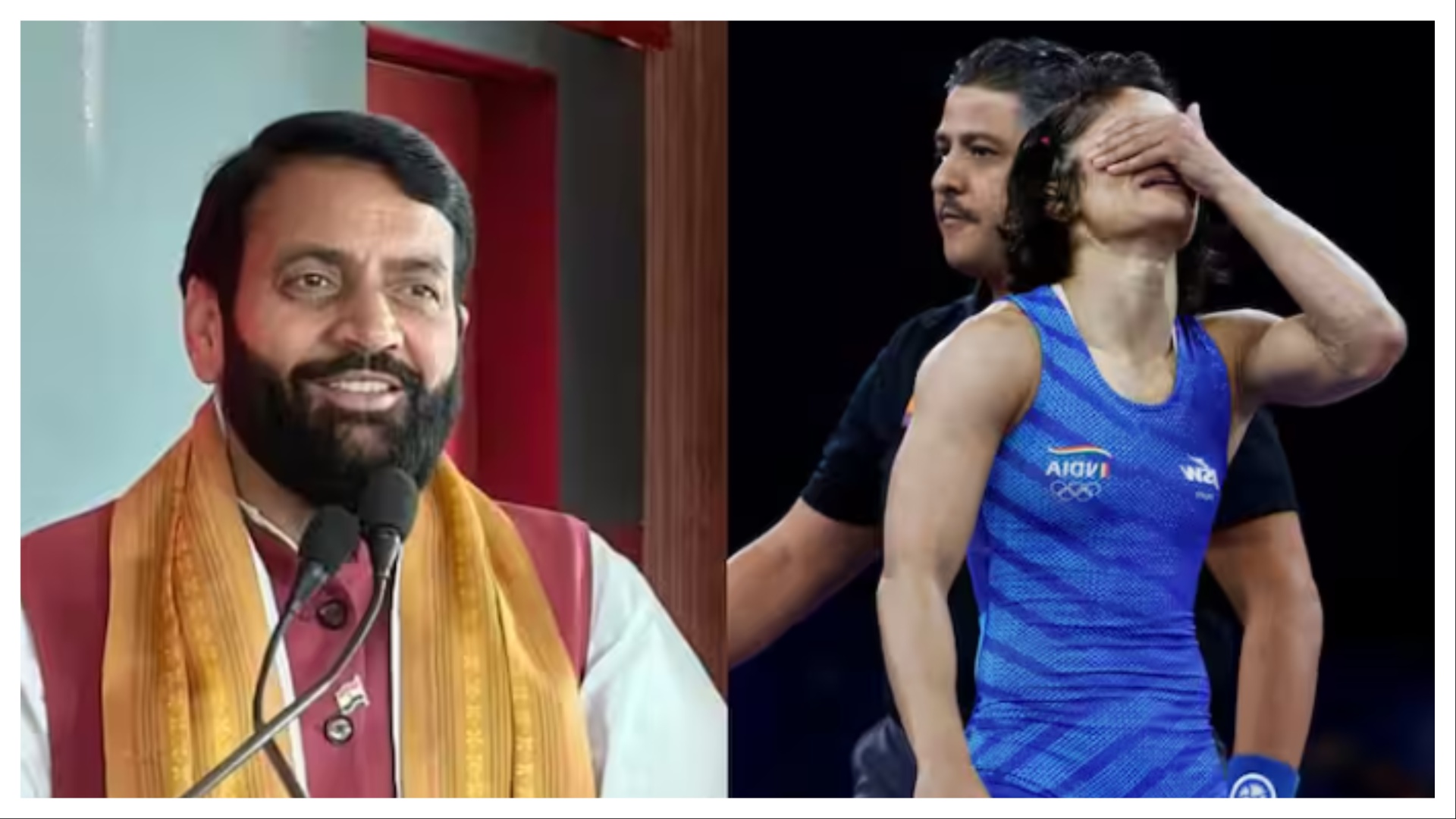The incendiary speeches, followed by open call for genocide and use of weapons against Muslims, delivered at the recently-held three-day “Dharma Sansad” at Haridwar, may have led to condemnation and, even if delayed, registration of a case by the Uttarakhand Police. But the organisers of the event as well as those who issued open threats there are secure in their belief that they have immunity from legal action.
While the growing incidence of hate speech, targeting members of the minority communities, has been an issue of concern for the last several years, the fact remains that no law in India has a clear definition of what constitutes hate speech.
This fact was even highlighted by the Law Commission of India in its March 2017 report on ‘Hate Speech’.
“Hate speech has not been defined in any law in India,” the report said.
It also noted that not just “incitement to violence”, even speech that does not incite violence but has the potential of marginalising a certain section of the society or individual constitutes hate speech.
“In the age of technology, the anonymity of internet allows a miscreant to easily spread false and offensive ideas. These ideas need not always incite violence but they might perpetuate the discriminatory attitudes prevalent in the society. Thus, incitement to discrimination is also a significant factor that contributes to the identification of hate speech,” it said.
While there are sections in the Indian Penal Code such as Section 153A, which penalises ‘promotion of enmity between different groups on grounds of religion, race, place of birth, residence, language, etc,; Section 153B, which penalises imputations, assertions prejudicial to national-integration; Section 295A, which penalises deliberate and malicious acts intended to outrage religious feelings of any class by insulting its religion or religious beliefs; Section 298, which penalises uttering and words with deliberate intent to wound the religious feelings of any person and Section 505, which penalises publication or circulation of any statement, rumour or report causing public mischief and enmity, hatred or ill-will between classes, there is nothing that defines what constitutes hate speech.
In the same report, the Commission recommended to the Centre to amend the Indian Penal Code as well as the Code of Criminal Procedure to provide for punishment of hate speech.
Among other amendments, it proposed addition of a new sub-section to Section 153 to define hate speech and provide for an appropriate punishment for it. To make the government’s job easier, the Commission even sent a draft of the proposed amendments to it. The Commission proposed a maximum sentence of two years plus fine for the offence.
Since then, there has been no forward movement on the amendments, even as hate-mongers continue with their tirade against minorities.
Incidentally, it isn’t just the Narendra Modi government which has done nothing to deal with the menace of hate speech. The Supreme Court of India, which had asked the Law Commission to look into the issue, hasn’t bothered to check on the follow-up.
How did the SC get into the picture?
In its March 12, 2014 judgment in Pravasi Bhalai Sangathan versus Union of India, the Supreme Court bench comprising B S Chauhan, M Y Eqbal and A K Sikri noted that 7hate speech was an effort to “marginalise individuals based on their membership in a group”.
“Using expression that exposes the group to hatred, hate speech seeks to delegitimise group members in the eyes of the majority, reducing their social standing and acceptance within society. Hate speech, therefore, rises beyond causing distress to individual group members. It can have a societal impact. Hate speech lays the groundwork for later, broad attacks on vulnerable that can range from discrimination, to ostracism, segregation, deportation, violence and, in the most extreme cases, to genocide. Hate speech also impacts a protected group’s ability to respond to the substantive ideas under debate, thereby placing a serious barrier to their full participation in our democracy,” the bench further noted.
In its judgment, the bench asked the Law Commission to examine the issue of defining “hate speech”.




